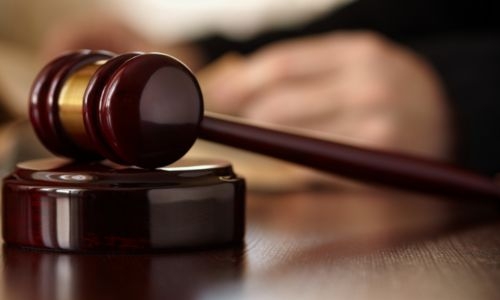In a recent case in Bahrain, the Court of Cassation granted a Bahraini engineer the right to open his own engineering firm after a previous decision had prohibited him from doing so. The engineer had initially faced charges for practicing his profession without a valid license when the firm he worked for had expired. The relevant administrative authority had rejected his application to set up his own firm citing this previous conviction as a crime of moral turpitude. Despite challenges in lower courts, the Court of Cassation ruled that the engineer’s actions did not reflect a lack of character or dishonesty, overturning the previous rulings and allowing him to practice independently.
The concept of moral turpitude played a significant role in the engineer’s case. Moral turpitude refers to conduct that is considered contrary to acceptable moral standards and includes acts such as fraud, theft, and some types of assault. In this case, the engineer’s offense of practicing engineering without a valid license was initially deemed by the administrative authority as falling under this category. However, the Court of Cassation found that the circumstances surrounding the offense did not indicate intentional disregard for ethical principles, leading to the engineer being granted the right to open his own engineering firm.
The engineer’s successful appeal to the Court of Cassation sets a precedent for future cases involving similar circumstances. The court’s decision clarifies that minor technical offenses, such as practicing a profession without a valid license, should not automatically disqualify individuals from pursuing their chosen careers. This ruling emphasizes the importance of considering the specific circumstances of each case and evaluating whether the offense in question truly reflects moral turpitude.
It is essential for individuals in professional fields to adhere to licensing requirements and regulations to avoid facing legal consequences. Licensing ensures that professionals have met predetermined standards and possess the necessary qualifications to practice their professions safely and effectively. In the case of the Bahraini engineer, his previous conviction for practicing engineering without a valid license raised concerns about his eligibility to operate his own firm. By successfully challenging this decision, he was able to demonstrate that his actions were not indicative of moral turpitude, paving the way for him to establish his own business.
The Court of Cassation’s ruling highlights the importance of fairness and justice in legal proceedings. By carefully considering the specific circumstances of the engineer’s case, the court was able to make a decision that aligned with principles of justice and fairness. This ruling not only benefits the engineer involved but also sends a message to the wider professional community about the importance of due process and the right to pursue one’s chosen career path. It serves as a reminder that individuals should not be unduly penalized for minor infractions that do not reflect their true character or abilities.
In conclusion, the Court of Cassation’s decision to grant the Bahraini engineer the right to open his own engineering firm sets a positive precedent for similar cases in the future. By emphasizing the importance of evaluating each case on its own merits and considering the context surrounding alleged offenses, the court reaffirmed the principles of fairness and justice. This ruling underscores the significance of upholding individuals’ rights to pursue their chosen professions while also maintaining accountability and adherence to professional standards. It serves as a reminder that legal decisions should be guided by a thoughtful and comprehensive analysis of the facts presented, ultimately leading to a just and equitable outcome.




















